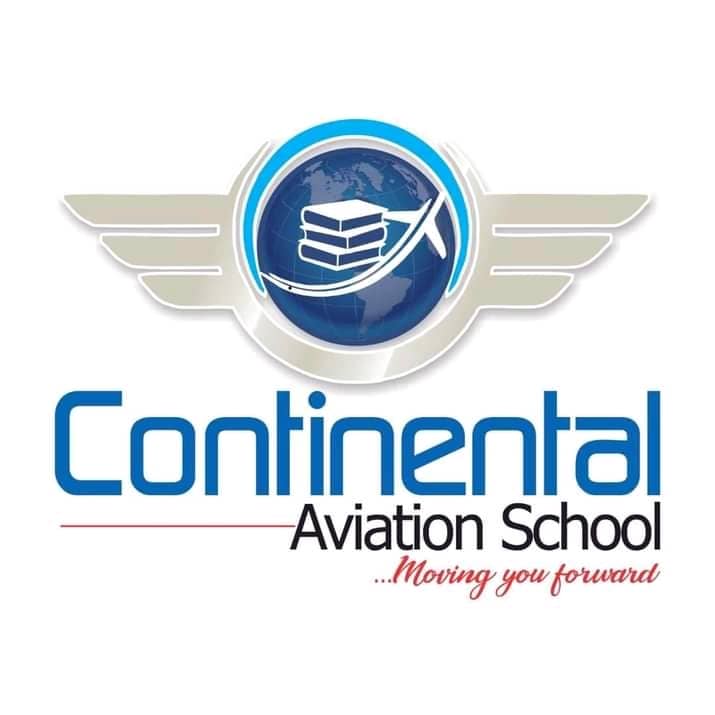Internships and practical training are vital in aviation education, providing students with valuable real-world experience and industry exposure.
In dynamic aviation, where practical skills and hands-on knowledge are highly valued, internships and helpful training programs offer numerous benefits to aspiring aviation professionals. This article explores the significance of apprenticeships and practical training in aviation education, highlighting how they contribute to learning and enhance career prospects.
Aviation is a complex and multifaceted industry that requires theoretical knowledge and practical skills. While classroom learning forms the foundation of aviation education, internships, and practical training, opportunities allow students to apply their knowledge in real-world scenarios.
These experiences not only reinforce theoretical concepts but also expose students to the intricacies of the aviation industry, preparing them for successful careers.
The Importance of Internships in Aviation Education
Internships are an integral part of aviation education, allowing students to gain practical experience within a professional setting. Aviation internships enable students to work alongside industry experts, observe their work processes, and actively contribute to real projects.
By immersing themselves in the daily operations of aviation organizations, interns can develop a deeper understanding of the industry and apply their academic knowledge to practical situations.
During internships, students may be involved in various tasks, such as aircraft maintenance, flight operations, airport management, aviation safety, and research. These hands-on experiences provide valuable insights into the specific roles and responsibilities within the aviation field, helping students determine their areas of interest and future career paths.
Practical Training: Bridging the Gap Between Theory and Practice
Practical training programs complement classroom instruction by bridging the gap between theoretical knowledge and its practical application. Aviation schools and training centers often provide dedicated facilities, such as flight simulators, aircraft maintenance workshops, or air traffic control simulators, to facilitate practical training.
Through practical training, students can apply the theories and concepts they learn in the classroom to simulated or real-world scenarios. For example, pilots-in-training can practice flight maneuvers, emergency procedures, and instrument flying in a controlled environment.
Similarly, aircraft maintenance students can gain hands-on experience in troubleshooting, repairs, and maintenance tasks. This hands-on approach enhances understanding, builds confidence, and fosters the development of critical skills necessary for success in the aviation industry.
Learning from Industry Experts
Internships and practical training programs offer students the invaluable opportunity to learn directly from industry experts. Working alongside experienced professionals allows students to observe their work ethics, learn industry-specific techniques, and gain insights into the field’s best practices.
Aviation experts, such as pilots, air traffic controllers, maintenance technicians, or aviation managers, can mentor and guide students, sharing their knowledge and expertise.
These interactions enable students to gain a realistic perspective on the industry, understand the challenges and demands of the profession, and learn valuable lessons that go beyond what can be taught in a classroom.
Building a Professional Network
Internships and practical training provide students with an excellent platform to build a professional network within the aviation industry. By working alongside professionals and interacting with fellow interns, students have the opportunity to establish connections that can prove beneficial in their future careers.
A solid professional network opens doors to potential job opportunities, mentorship relationships, and references. Through networking, students can stay updated on industry trends, access insider information, and develop relationships with individuals who can support their professional growth.
These connections can be instrumental in securing employment after graduation and advancing one’s career in the aviation industry.
Gaining Insight into the Aviation Industry
Internships and practical training programs offer a firsthand look into the aviation industry’s operations, challenges, and advancements. Students have the chance to observe and participate in various aspects of the industry, gaining insights that go beyond the classroom curriculum.
Students can comprehensively understand the industry’s interconnectedness by being exposed to different departments, roles, and functions within aviation organizations.
They become aware of the collaborative efforts required for safe and efficient aviation operations. This exposure broadens their perspective, enhances their problem-solving abilities, and prepares them to tackle the complexities of the aviation industry.
Developing Transferable Skills
Internships and practical training programs contribute to aviation-specific knowledge and skills and help students develop valuable transferable skills in any professional setting. These skills include communication, teamwork, problem-solving, adaptability, and time management.
Working in diverse and dynamic environments during internships or practical training exposes students to challenges and situations.
They learn to communicate effectively with team members, handle unexpected situations, think critically, and manage their time efficiently. Employers highly seek these transferable skills and contribute to the overall employability of aviation graduates.
Enhancing Career Prospects
The practical experience gained through internships and helpful training programs significantly enhances the career prospects of aviation students. Employers in the aviation industry value hands-on experience and consider it an essential factor in hiring decisions.
Aviation internships and practical training give students a competitive edge in the job market. The experience gained during these programs demonstrates practical skills, industry exposure, and a commitment to professional growth.
It also allows students to showcase their ability to apply theoretical knowledge to real-world situations, making them attractive candidates for employment opportunities in the aviation industry.
Conclusion
Internships and practical training programs play a crucial role in aviation education by offering students invaluable real-world experience, industry exposure, and opportunities for skill development.
These experiences bridge the gap between theory and practice, enhance understanding, and prepare students for successful careers in the aviation industry.
By actively participating in internships and practical training, students can gain insight into the industry, build a professional network, develop transferable skills, and enhance their career prospects. Our courses at Continental Aviation School are practical based; therefore, prepare for at least a 3-month internship. Join us today.
FAQs
1. Are internships mandatory in aviation education?
The requirement for internships may vary depending on the aviation program or institution. However, internships are highly encouraged as they provide practical experience and industry exposure that can significantly benefit students’ learning and career development.
2. Can internships lead to job opportunities in the aviation industry?
Yes, internships can lead to job opportunities in the aviation industry. Internships allow students to demonstrate their skills and work ethic, allowing them to make connections and showcase their abilities to potential employers. Many companies offer full-time positions to exceptional interns upon completion of their programs.
3. How long do aviation internships typically last?
The duration of aviation internships varies depending on the program and organization. Internships can last anywhere from a few weeks to several months, depending on the scope of work and the objectives of the internship program.
4. Can practical training be done alongside classroom learning?
Yes, functional training is often incorporated alongside classroom learning in aviation education. Aviation schools and training centers provide dedicated facilities and resources to facilitate practical training,

